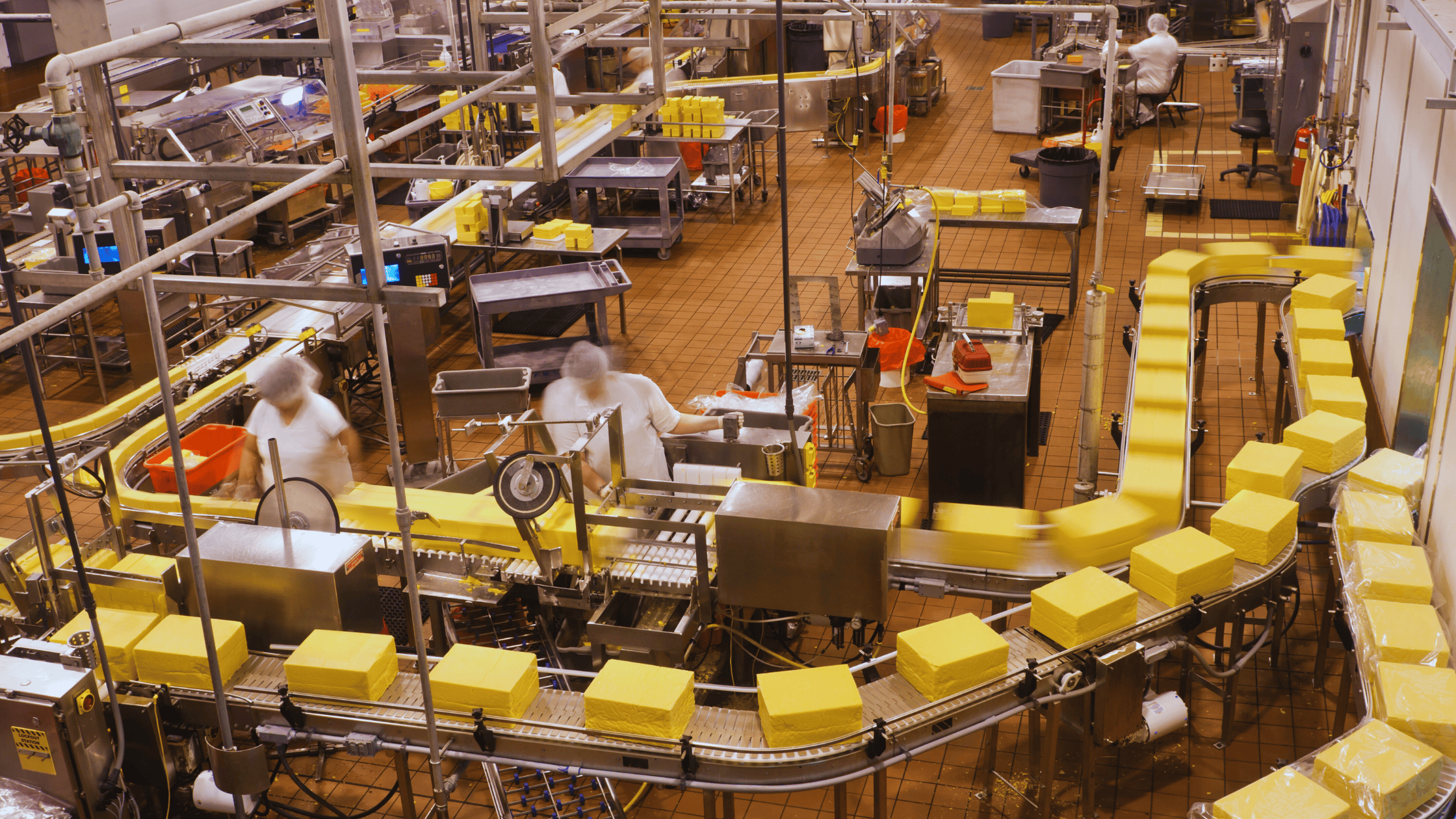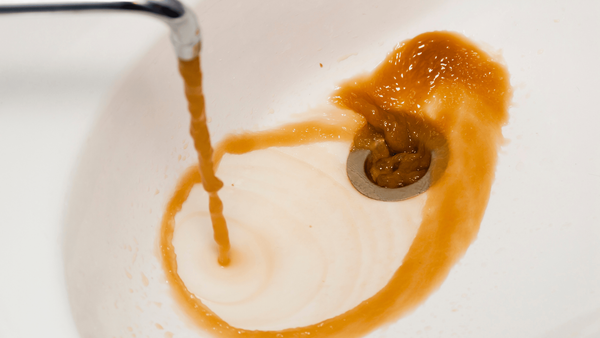How Pfizer's GMO Rennet Got Into 90% of American Cheese (And Why No One Told You)
How GMO rennet silently infiltrated the American cheese industry, why it's not labeled, and what this means for consumer transparency.

The cheese industry has a dirty little secret: Up to 90% of American cheese is made with a genetically engineered enzyme developed by pharmaceutical giant Pfizer—the first GMO food product ever approved by the FDA. Here's the truth they don't want on the label.
What you'll learn in this article:
✔️ How Pfizer created the world's first FDA-approved GMO food ingredient
✔️ Why up to 90% of American cheese contains GMO without labelling it
✔️ How traditional cheesemakers taste better and are more nutritious
✔️ Ways to identify and source cheese made with traditional, non-GMO methods
The Great Cheese Deception
Let's get one thing straight: The cheese your grandparents ate isn't remotely similar to what's filling refrigerators across America today. The transformation didn't happen by accident—it was engineered in pharmaceutical laboratories and rubber-stamped by federal regulators without consumers ever getting a say.
For over 7,000 years, cheesemaking relied on a simple, ancestral ingredient: rennet, an enzyme complex harvested from the stomachs of young calves. This traditional process created the cheeses that nourished civilizations and developed our collective palate.
But in 1990, Pfizer—yes, the same pharmaceutical corporation now known for other products—fundamentally altered our food supply by introducing the world's first genetically engineered food product: fermentation-produced chymosin (FPC), a laboratory-created version of rennet made by inserting cow genes into genetically modified mold.
Today, this Franken-enzyme is in approximately 80-90% of all cheese produced in the United States. Yet most Americans have no idea they're consuming it. This isn't a coincidence—it's by design.





